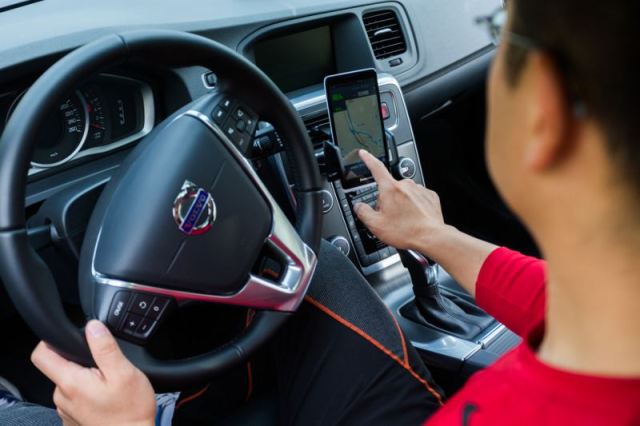European Union states are set to approve 5G as the platform for internet-powered connected cars, rejecting a European Commission drive for a WiFi-based standard, Reuters reported.

EU ministers will meet on July 8 when they are expected to formally reject the WiFi proposal and accept 5G.
The result represents a significant win for automobile giant BMW and US-based chipset major Qualcomm which support a rival 5G telecoms system.
The development will be a setback for Volkswagen that supported a WiFi-based standard. WiFi is expected to connect advanced cars with other cars and will not connect other objects. Other supporters of WiFi technology include Renault, Toyota, NXP, Autotalks and Kapsch TrafficCom.
5G standard will connect both cars and devices in the surrounding environment. Daimler, Ford, PSA Group, Deutsche Telekom, Ericsson, Huawei, Intel and Samsung, are actively supporting 5G.
Germany, France and Italy were among 21 countries to vote against the EC proposal at a Brussels meeting of EU representatives, an EU official said.
EU lawmakers in April endorsed the WiFi plan over 5G technology.
The European Commission, which wants to set benchmarks for a market that could generate billions of euros in revenues for carmakers, telecoms operators and equipment makers, has said WiFi is available now, unlike 5G, and would help road safety.
“We will therefore continue to work together with member states to address their concerns and find a suitable way forward,” European Transport Commissioner Violeta Bulc said in a statement on Thursday following the vote.
Telecoms lobbying group ETNO, whose members have spent billions investing in 5G, has welcomed the move.
“Mobile solutions and 5G are back in the road safety picture. The automotive industry is now free to choose the best technology to protect road users and drivers,” ETNO director general Lise Fuhr said.
5G supporter 5GAA said the vote represented a signal to the Commission that technology neutrality should prevail, Chief Technology Officer Maxime Flament said.
“Only a level-playing field between existing technologies will allow safer, more efficient mobility on European roads.”





